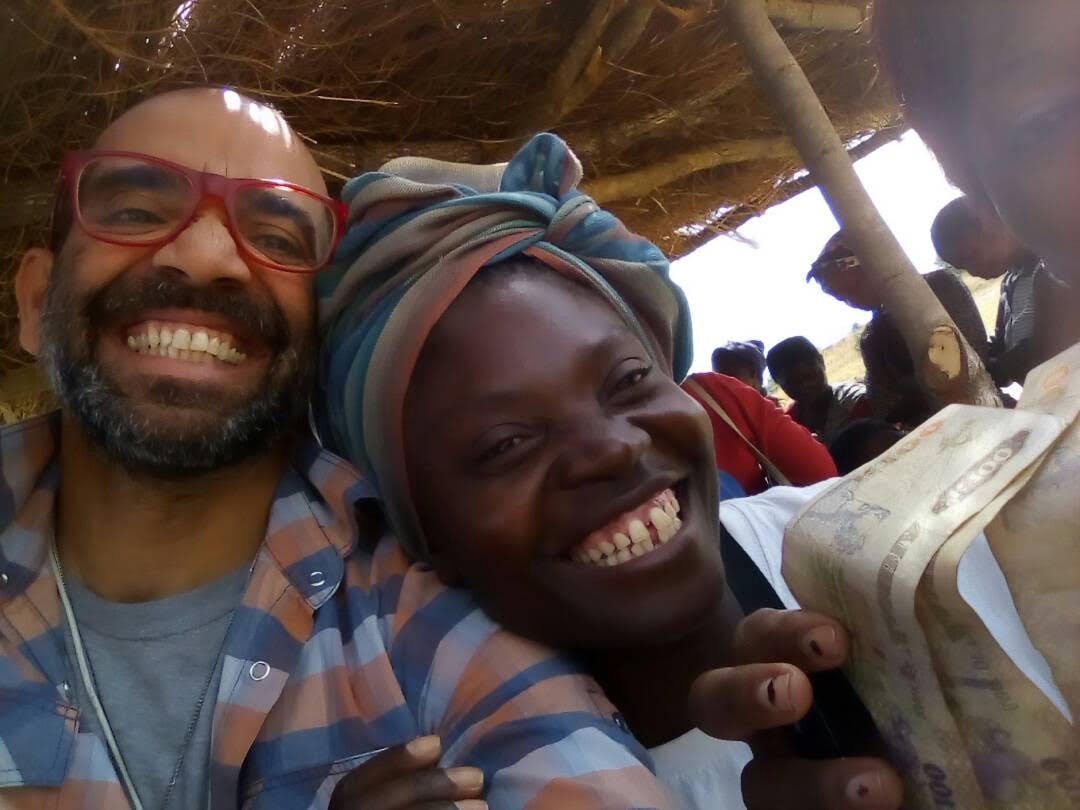dignity through identity
BanQu is providing a permanent identity-based solution for the unbanked through a ground-breaking initiative. The blockchain-as-a-service software company aims to address the issue of global poverty by identifying those who have remained anonymous in vulnerable situations. Jointly founded in 2016 by Ashish Ghadnis and Hamse Warfa (himself a refugee from Somalia), BanQu gives an identity to the unbanked by equipping the unverified with an economic and transactional identity so that they can participate equally in the global economy.
How BanQu Gives an Identity to the Unbanked
About 2.5 billion people worldwide have little to no access to credit and banking services, which categorizes them as unbanked/underbanked individuals. People in this category often include refugees, internally displaced persons and the world’s poorest, who remain excluded from the global economy and have no record of their education, financial history, past employment or other information needed to access banks and credit services.
BanQu gives an identity to the unbanked by allowing them to create a secure online profile through simple SMS-enabled phones, as people living in extreme poverty may not have access to a smartphone. The user keeps track of everything from educational qualifications to transaction history like harvest information, which is critical for farmers, thereby gradually building a credit history. With this information, they can open bank accounts, apply for micro-loans, own property and even access healthcare and other basic services. Integrating with modern services allows the unbanked to become part of the global economy.
Through the initiative, BanQu gives an identity to the unbanked by aiming to attain several of the U.N. Sustainable Development Goals and creating business models that are not only a commercial success but also have a positive social impact in developing and underdeveloped regions.
Achieving Sustainable Development Goals Through Services
- Good Health and Well Being: The company runs on the principle that every human deserves a health record for timely care. Unleashing the power of blockchain technology, it provides protection of the individual’s privacy. It is looking to provide accurate and real-time information on birth registrations, vaccinations, HIV and other medical supplies and early warning of outbreaks of infectious diseases. These are extremely helpful for those who have been hit the hardest during times of conflict, natural disasters and forced migration.
- Quality Education: The company’s certified education platform (vocational or otherwise) allows youth to be recognized in order to gain employment, building economic resilience for themselves and the communities. A certified education record coupled with a training history is critical for vulnerable youths that are left out of the global economy.
- Gender Equality: A reality in the developing world is that women (especially farmers and micro-entrepreneurs) are more likely to remain in poverty in comparison to men due to unequal access to paid work, education and property. Due to their lack of access to financial services, they are unable to provide their basic history of harvest, crops/goods pricing and land/asset rights. BanQu gives an identity to the unbanked so as to solve the issue of gender inequality for women farmers and micro, small and mid-sized enterprises in emerging markets. By connecting them to global supply chains, the firm plans on creating transactional records that can be accessed from anywhere in the world.
- Life on Land: BanQu’s platform seeks to provide traceability in the agricultural supply chains. This adds end-to-end transparency from manufacturer to farmer. The company is piloting small-plot farmer land mapping with a focus on women farmers in Latin America. This could pave way for cases where farmers had difficulty in getting either due to outdated property registries or lack of land rights.
- Partnerships for the Goals: In June 2018, BanQu partnered with the world’s leading brewer, Anheuser-Busch InBev, to connect as many as 2,000 Zambian farmers to a mobile platform as they harvest and sell a projected 2,000 tons of cassava. This tech-driven approach could help the farmers yield high-quality starch used in beer by the end of Zambia’s growing season in August.
Through the app, BanQu gives an identity to the unbanked and has so far linked more than 15,000 last-mile farmers, displaced persons and refugees to the platform in eight countries. Additionally, the company aims to help lift 100 million people out of extreme poverty through the use of blockchain technology by the year 2028.


